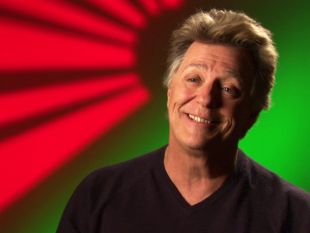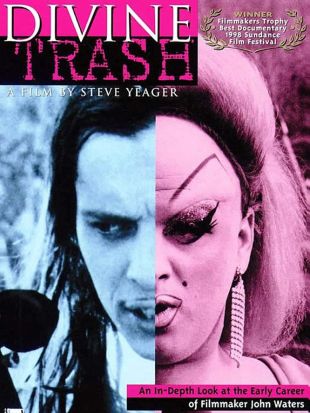
Divine Trash (1998)
Directed by Steve Yeager
Sub-Genres - Biography |
Release Date - Jan 18, 1998 (USA - Unknown), Jan 18, 1998 (USA) |
Run Time - 97 min. |
Countries - United States |
MPAA Rating - NR
Share on
Synopsis by Brian J. Dillard
A documentary profile of filmmaker John Waters, Divine Trash focuses on the bad-taste pioneer's early years, especially his 1972 breakthrough Pink Flamingos, which turned the director of Mondo Trasho and Multiple Maniacs into the king of midnight movies thanks to word of mouth about the film's gleeful taboo-bashing -- and a distribution deal with the fledgling New Line Cinema. Interviews with filmmakers who both influenced Waters (Paul Morrissey, Herschell Gordon Lewis, Mike Kuchar, George Kuchar) and were influenced by him (Steve Buscemi, Jim Jarmusch, David O. Russell, Hal Hartley) are interspersed with copious behind-the-scenes footage from the making of Pink Flamingos, including the infamous doggy-doo scene. Through it all, the witty Waters provides commentary, recollections, and one-line quips. Pete Garey, owner of the film lab where Waters learned the technical side of moviemaking, recalls his first meetings with the youthful auteur. Mink Stole and other Dreamland Studios superstars reminisce about growing up in suburban Baltimore with Waters, who as a youngster loved car crashes, puppets, and clowns. The director's strait-laced parents reminisce about the financial support they provided for Pink Flamingos, which they have never seen. Neither has Frances Milstead, who looks back on the career of her late son, drag terrorist and Waters muse Divine. Divine and late "egg lady" Edith Massey crop up in various archival interviews and film clips. The man who played the "talking asshole" in Pink Flamingos also appears, albeit anonymously and disguised. Various film theorists and critics debate the merits and meaning of the Waters oeuvre, while Baltimore critic Don Walls and former Maryland film censor Mary Avara express their incredulity about the director's success. Divine Trash won the Filmmakers Trophy for Best Documentary at the 1998 Sundance Film Festival. Director Steve Yeager, a longtime friend of Waters, would go on to direct In Bad Taste: The John Waters Story and help Milstead write a book about her son.
Characteristics
Moods
Themes
Keywords
avant-garde, director, experimental [arts], filmmaker, underground [counterculture]

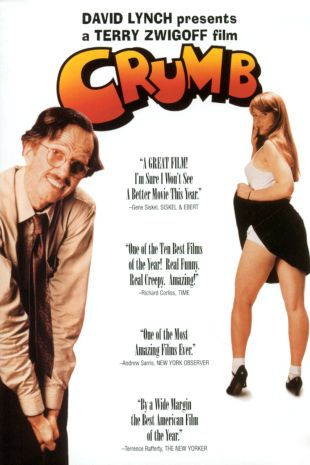
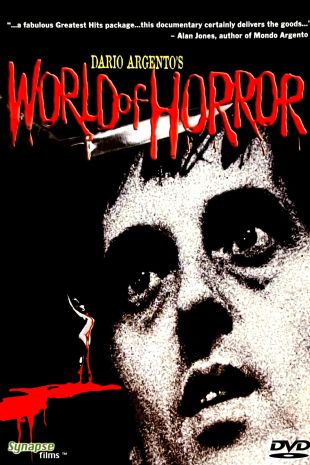
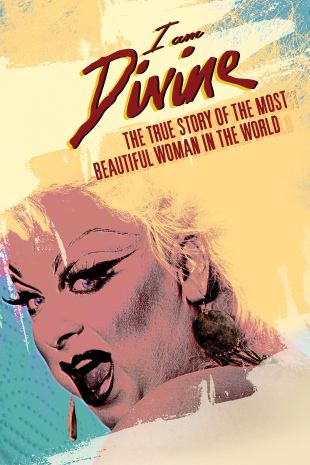
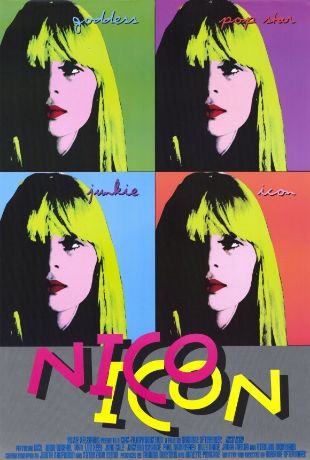
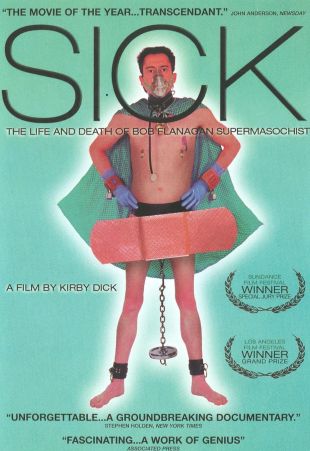
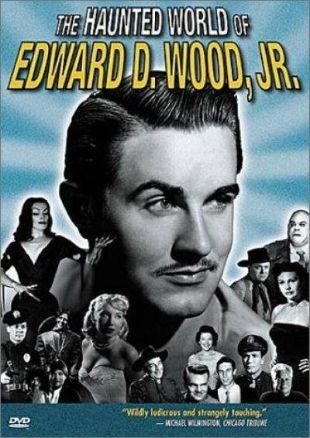
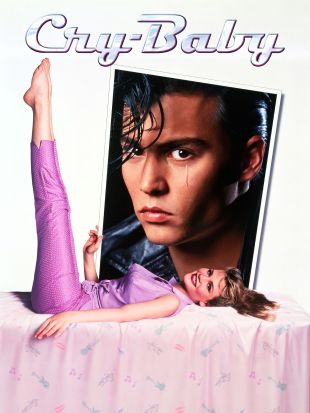
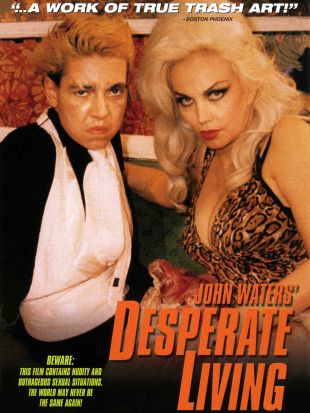
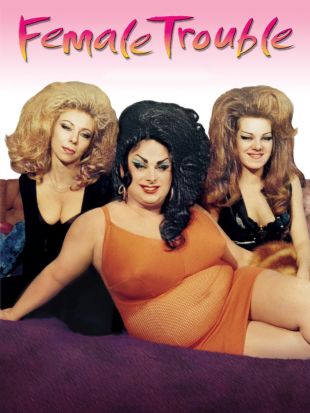
/_derived_jpg_q90_310x470_m0/Hairspray-(1988)-one-sheet.jpg)
